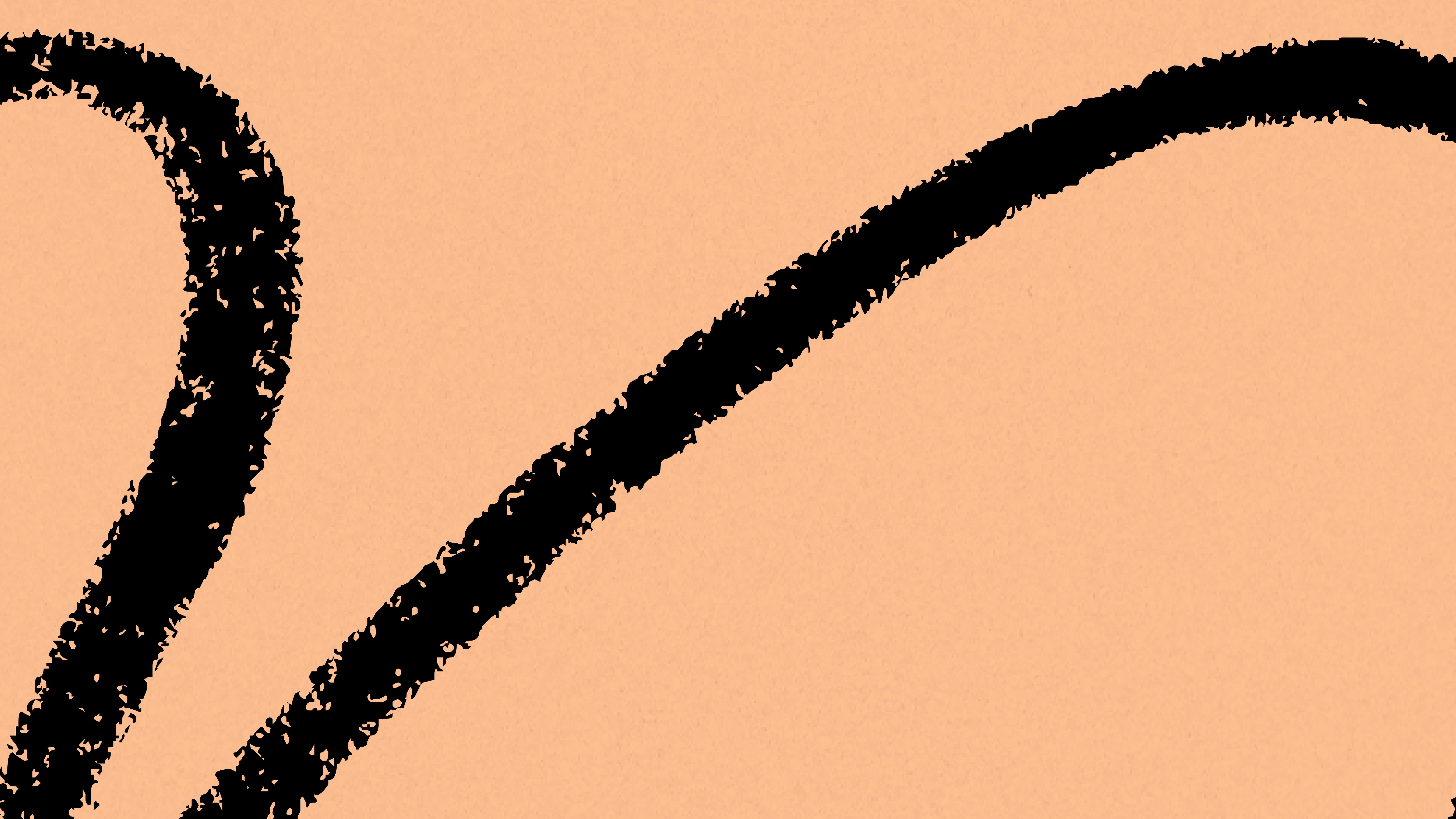
Note: This one is a bit more raw than usual, because I wanted to react as quickly as possible to the news. Please excuse my lack of polish!
Back in March, a few weeks before Quibi launched, I decided to write an essay that would make the bull case for the service. I hadn’t used the product yet or watched any of the content. I had the same feeling everyone else did that something was weird about a company raising nearly $2b before launch. But, the more I researched Quibi and thought through their strategy, the more excited I got. So I decided to go out on a limb.
After about a month, I began to realize I may have been wrong. Soon after, the New York Times published an interview with Jeffrey Katzenberg, blaming everything on the pandemic. I posted a thread for readers to share their theories of why Quibi’s strategy wasn’t working as expected. It was actually quite awesome. Quibi’s CPO, Tom Conrad, even chimed in!
Then, gradually, Quibi receded from my focus. Until today.
So — what happened? Why did Quibi fail, and what did I get wrong in my original analysis?
The consensus view, then as now, is that the content was not good, it was not shareable (no screenshots!), and that Quibi blew through too much money too fast, before they could figure out what they were doing. But also, they spent too little money to effectively compete with Netflix, HBO, Apple, Disney, etc.
I was aware of pretty much all of those objections as I wrote my optimistic take, but I thought in Quibi’s case it would be ok. Here were my counter-arguments:
- Content quality — my argument was that Hollywood was kind of like an API, and that as long as you have the cash, you can buy content with decent predictability. (This was backed up by data!)
- Content is not shareable — when I wrote the essay I had not used the product, so I did not know that the Quibi app would not allow screenshots! This, I think, was not as big a deal as some people made it out to be, but it definitely was not good.
- Spent too much money — my counter-argument was that, if Hollywood is a predictable API, then it’s far less risky to spend all that cash on premium content than it is to spend on a new and unproven technology.
- Spent too little money – I thought $1.75b would be enough, despite the fact that many of Quibi’s traditional streaming competitors had far larger budgets, because I thought Quibi was competing more with social media than Netflix.
From my vantage point today, 12:24am on Thursday October 22nd, I think the main thing I got wrong was the last point. Quibi really was competing with Netflix, even if they wanted to compete with TikTok and Instagram.
In theory, breaking up Hollywood-style shows into quick bites means that people should consume this content in the “in between” times, but in practice this is not how it works. There turns out to be a deep integration between the genre conventions of Hollywood and the time constraints of longer-form entertainment. TikToks are great for the moments when you are low on time and energy, because they have literally zero plot. They are pure vibe, injected into your veins.
Quibis, on the other hand, have devices like characters, plot, and setting. These things can have huge payoffs, but require more time and concentration than is practical for the truly in-between moments. The few times I really sat down to use Quibi, I felt like it required a similar amount of time as I’d normally spend on a Netflix show, despite being broken into smaller chunks. And the mobile form factor was not the best way to do this. I had to keep holding my phone up. Not great.
But, more important than that, Quibi content ended up competing for the same time that I’d normally spend watching that type of content elsewhere. And while there was honestly some pretty good stuff on Quibi, it was just not as good as HBO. So I didn’t end up watching it.
The main remaining mystery to me is to what extent the public backlash against Quibi made a difference. I knew that was going to be a thing when I wrote my original take, but I figured if the content and service was actually as good as I thought it could be, then the critics would quickly recede into the background. But now I’m not so sure.
I believe the cultural backlash was a major problem for Quibi. Perhaps if they had found some way to avoid that, the service might have survived.
If they were an oil company or something, it may not have mattered, but the critical thing any streaming platform needs to do is get people excited about their content. Not just to watch, but to talk about. To identify with. But how many times did you see an enthusiastic recommendation for something on Quibi? Not as much as the quality of the shows would dictate, I suspect. The reason why is that nobody wants to be seen as lame, and Quibi, unfortunately, was immediately branded as lame.
In 2020 it’s hard for a couple of rich old white people to raise $1.75b for a cultural platform and not face backlash. There is so much in the world of media conglomerates that feels bad to people, it’s convenient to have a focal point we can all agree is bad. Quibi became that focal point. This is a fascinating social process that happens all the time, explained by Rene Girard as scapegoating.
In 2020, who wants to cheer for Hollywood execs to control our culture even a little bit more? I don’t. I’d rather cheer for folks like Nathan Apodaca, a potato factory worker that single-handedly revived both Ocean Spray and Fleetwood Mac’s careers. Or Jason Rodelo and his “motivational warriors,” who create inspirational workout TikToks that deliciously straddle the line between irony and sincerity. Or Brittany Broski, who’s reaction to kombucha is fully relatable.
These are just regular people filming things they find interesting. They don’t have screenwriters, or directors, or actors. I don’t know why I love them so much, but I do. And most importantly I can’t wait to find more people like this. I have no clue who they will be, but I know they’ll emerge.
Don’t get me wrong — Hollywood can produce incredible stuff. It’s just not as uniformly incredible as I thought. I’ll happily watch the best of the best, and make time for it on nights and weekends. Separately, I’ll kill time on Twiter and TikTok every day of the week. There’s just not as much room for the in-between as I thought.
When I wrote the post I will forevermore refer to as “the bad take,” I was listening to the analytical strategy parts of my brain, and ignoring the emotional parts of me that were more attracted to internet natives than Hollywood factories.
I don’t know if prioritizing logic is always a mistake, but it was in this case.
What’d you think of this post?
The Only Subscription
You Need to
Stay at the
Edge of AI
The essential toolkit for those shaping the future
"This might be the best value you
can get from an AI subscription."
- Jay S.
Join 100,000+ leaders, builders, and innovators

Email address
Already have an account? Sign in
What is included in a subscription?
Daily insights from AI pioneers + early access to powerful AI tools








Comments
Don't have an account? Sign up!